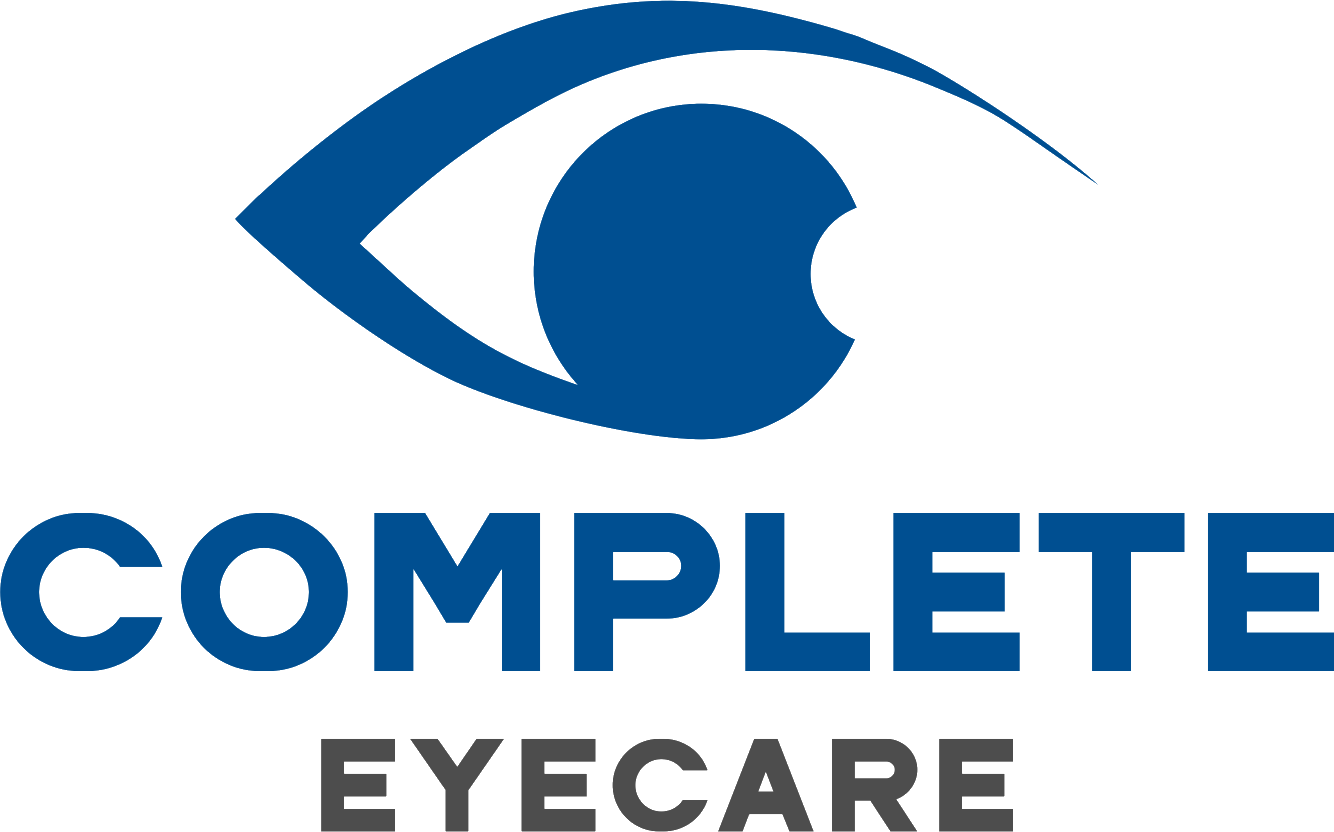
Astigmatism is a common vision condition that affects how you see the world around you. If you've been diagnosed with astigmatism, you may be wondering how it can be managed and whether contact lenses are a viable option.
What Is Astigmatism and How Does It Affect Vision?
Astigmatism is a refractive error in the eye, which means that the eye doesn't bend light correctly. Instead of focusing light into a single point on the retina, astigmatism causes light to be focused on multiple points, resulting in blurred or distorted vision.
The cornea, the clear front part of the eye, is primarily responsible for this condition. In a normal eye, the cornea is round, like a basketball. However, in an eye with astigmatism, the cornea is shaped more like a football, with one meridian (the curve from top to bottom) steeper than the other meridian (the curve from side to side).
This irregular shape of the cornea causes light to focus at different points, leading to blurred or distorted vision. Astigmatism can occur in combination with other refractive errors, such as nearsightedness (myopia) or farsightedness (hyperopia), further complicating the vision challenges you may face.
How to Identify If You Have Astigmatism
Recognizing the symptoms of astigmatism is the first step in addressing this vision condition. Some common signs and symptoms of astigmatism include:
Blurred or distorted vision, especially at a distance
Difficulty seeing clearly at night or in low-light conditions
Headaches or eye strain, particularly after prolonged periods of reading or computer use
Squinting or tilting your head to see more clearly
Sensitivity to glare or bright lights
If you experience any of these symptoms, it's important to schedule an eye exam with an optometrist. Your doctor can perform a comprehensive evaluation and determine the severity and type of your astigmatism, which will be crucial in determining the best treatment options.
The Importance of a Contact Lens Exam and Fitting
During the exam, your optometrist will use specialized instruments, such as a keratometer or corneal topographer, to measure the curvature of your cornea. This information is essential in determining the precise type and degree of your astigmatism, as well as the best contact lens options to correct it.
The contact lens fitting process is equally important. Your doctor will evaluate the shape and size of your eyes, as well as your individual tear film, to determine the most suitable contact lens design and fit. This personalized approach helps ensure that the contact lenses you wear are comfortable, stable, and provide optimal vision correction.
Contact Lenses for Astigmatism
Various contact lenses are specifically designed to correct astigmatism, including toric lenses, hybrid lenses, and rigid gas permeable (RGP) lenses. Toric lenses, the most popular option, have different curvatures to correct varying degrees of astigmatism and stay in place on the eye due to their special design. Hybrid lenses combine a soft outer ring for comfort with a rigid center for sharper vision. RGP lenses provide excellent vision correction by maintaining their shape on the eye, compensating for the irregularities of the cornea. These lenses offer astigmatism patients clear and comfortable vision correction tailored to their needs.
Not all individuals with astigmatism may be suitable candidates for contact lenses. Your optometrist will evaluate your specific needs and recommend the best vision correction solution, whether it's contact lenses, eyeglasses, LASIK, or a combination of both.
Schedule Your Eye Exam with Dr. Krietlow & Associates Today
Navigating the world of astigmatism and contact lenses can be a complex journey, but with the right guidance and expertise, you can achieve clearer, more comfortable vision. By working with your optometrist, you can develop a personalized treatment plan that addresses your unique visual needs and lifestyle preferences.
Schedule your comprehensive eye exam and contact lens fitting with Dr. Krietlow & Associate and take the first step towards clearer, more comfortable vision. Visit our office in Blaine, Minnesota, or call (763) 296-8400 to book an appointment today.








